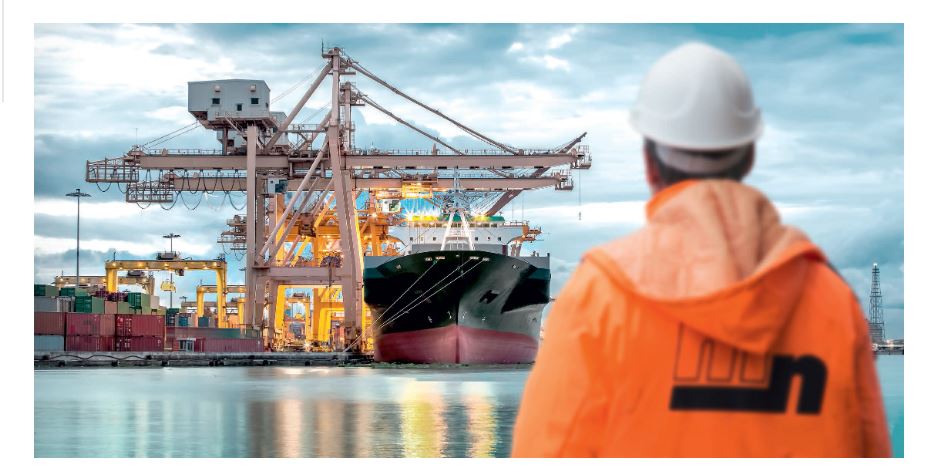Ship management involves the overseeing of all aspects related to the operation, maintenance, and administration of ships. It encompasses a wide range of activities aimed at ensuring the smooth functioning and profitability of vessels. Here's a basic overview of some key aspects of ship management:
- Operational Management This involves day-to-day activities related to the operation of the vessel, including navigation, cargo handling, crew management, and compliance with maritime regulations. Operational management aims to ensure the safe and efficient operation of the ship.
- Technical Management: Technical management focuses on the maintenance and repair of the vessel's physical components, including the hull, machinery, engines, and other equipment. It involves regular inspections, maintenance schedules, repairs, and upgrades to ensure the ship remains seaworthy and in compliance with safety standards.
- Crew Management: Crew management involves the recruitment, training, scheduling, and welfare of the ship's crew. This includes hiring qualified personnel, providing training and certification, managing crew rotations and shifts, and addressing crew welfare and disciplinary issues.
- Safety and Regulatory Compliance: Ship management also entails ensuring compliance with international maritime regulations and safety standards set by organizations such as the International Maritime Organization (IMO). This includes adhering to regulations related to safety equipment, pollution prevention, security measures, and crew qualifications.
- Financial Management: Ship management involves financial planning, budgeting, and cost control to ensure the economic viability of ship operations. This includes managing expenses such as fuel, maintenance, insurance, port fees, and crew wages, while maximizing revenue through efficient cargo operations and chartering arrangements.
- Commercial Management: Commercial management involves negotiating charter agreements, managing contracts with cargo owners, and optimizing the commercial performance of the vessel. This may include identifying profitable cargo routes, negotiating freight rates, and coordinating with brokers and charterers.
Overall, ship management plays a crucial role in ensuring the safe, efficient, and profitable operation of ships in the maritime industry. It requires a combination of technical expertise, regulatory knowledge, financial acumen, and effective management skills to navigate the complexities of the shipping business.

